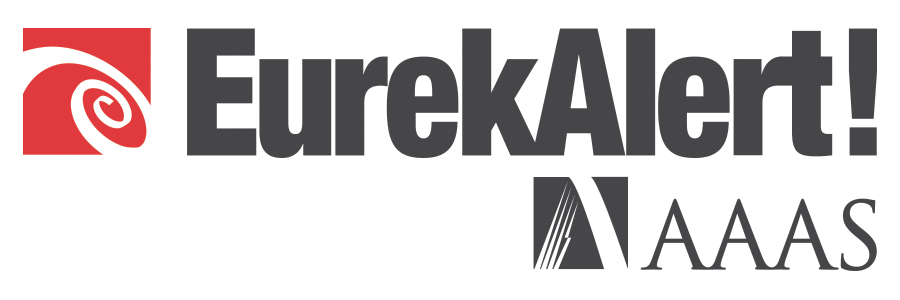
The series is essential reading for general readers, healthcare professionals, researchers and academicians actively involved in research on infectious diseases and anti-infective therapeutic drugs.
The first volume is a comprehensive documentation on major infectious diseases from tropical countries which pose a serious threat to global healthcare programs. These include diseases such as tuberculosis, AIDS, leishmaniasis (kala-azar), elephantiasis, malaria, leprosy, various fungal disorders and emergent viral diseases. Due to the widespread use of antibiotics, there is an emergence of drug resistant pathogens in many regions. Hence, there is a need to search for novel, cost-effective bioactive compounds that demonstrate high efficacy and low toxicity in human cells from unexplored ecosystems to combat emerging drug resistant pathogens. Chapters written for this volume focus on the pathogenesis and etiology of each of the mentioned diseases, updated WHO reports wherever applicable, conventional drugs and their pharmacokinetics as well as new approaches to develop anti-infective agents.
The authors also present a detailed report on multi-drug resistant pathogens (‘superbugs’) and new measures being taken up to eradicate them. Information about new antimicrobials (bioactive peptides and silk protein sericin) and the approaches taken by scientists and healthcare professionals for successful targeting of these molecules for human medicine.
About The Editors:
Dr. K. Tamreihao completed his PhD and Master of Science from the Department of Biochemistry, Manipur University, India. He is working as PDF in a project sponsored by Department of Biotechnology, Government of India. His research interest lies in the area of plant growth promotion by actinobacteria and feather degradation by keratinolytic actinobacteria and the biofertilizing potential of degraded feathers.
Dr Saikat Mukherjee completed his M.Sc (Biotechnology) from Calcutta University and PhD from CSIR- Indian Institute of Chemical Biology, Kolkata. He has participated in postdoctoral research programs in University of Geneva, Switzerland and Manipur University, India. His research expertise is in mitochondrial bioenergetics and purification of protein complexes from protozoal, human, bacterial and algal systems.
Prof. Debananda S. Ningthoujam earned his Masters of Science (Life Sciences) from Jawaharlal Nehru University, New Delhi and PhD (Environmental Biotechnology) from NEERI, Nagpur. He is currently working as a Professor of Biochemistry at the university of Manipur. Prof. Ningthoujam is a life member of several scientific society including AMI, BRSI, SBC, ASM and ISCA. He is actively researching actinomycete biology and biotechnology and has several completed and ongoing projects to his credit. Six new actinomycete species have been reported from his lab. Prof. Ningthoujam has over 25 years of teaching experience and five research scholars have earned their PhDs under his mentorship. He has also supervised several PDF candidates.
Keywords:
Infectious diseases, Tuberculosis, Actinomycetes, Leishmaniasis, Elephantiasis, AIDS, HIV, Bioactive Peptides, Antibacterial drugs, Antifungal drugs, Candidas auris, Superbugs, Ebola Virus, SARS, Mutations, Leprosy, Mycobacterium leprae, Silk sericin, Antibiotics, ESKAPE pathogens, Antimalarials.
###
Disclaimer: AAAS and EurekAlert! are not responsible for the accuracy of news releases posted to EurekAlert! by contributing institutions or for the use of any information through the EurekAlert system.

